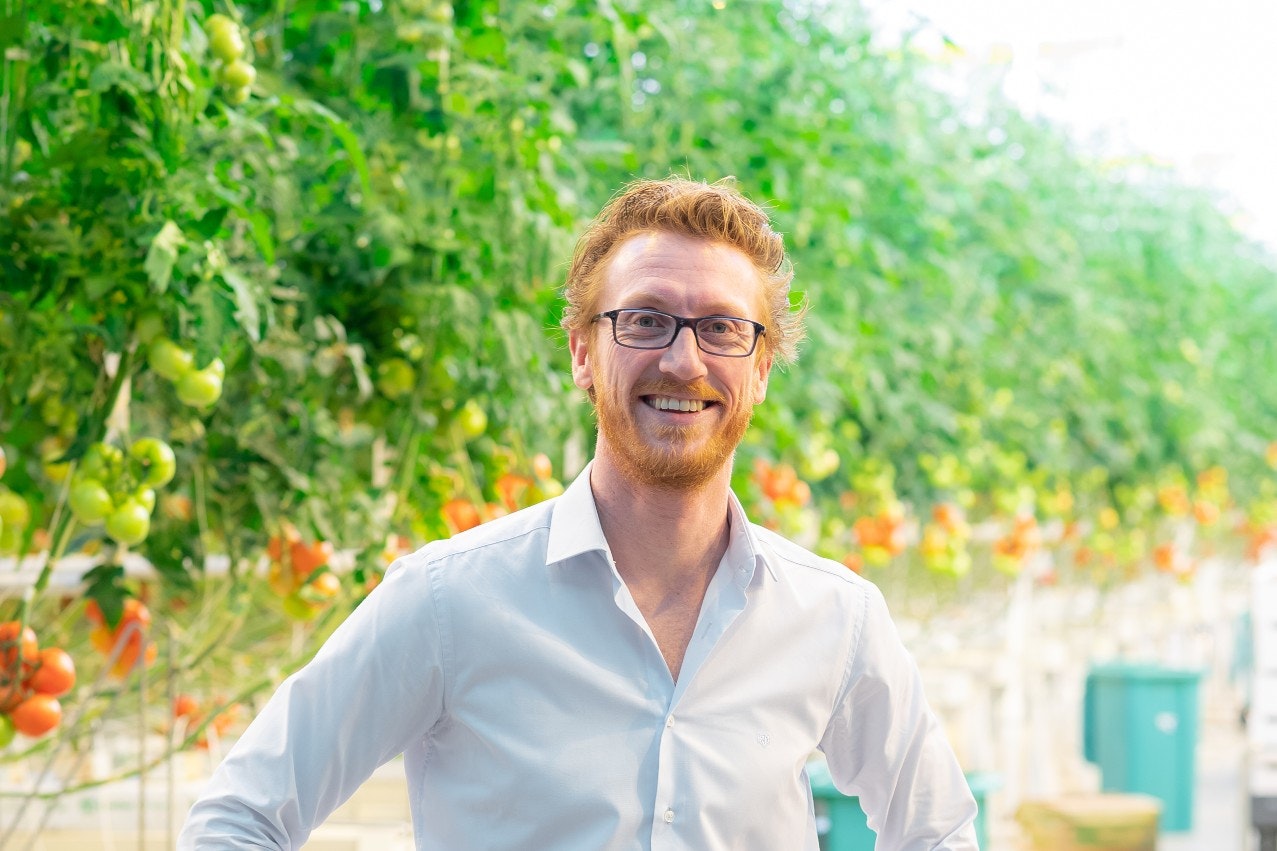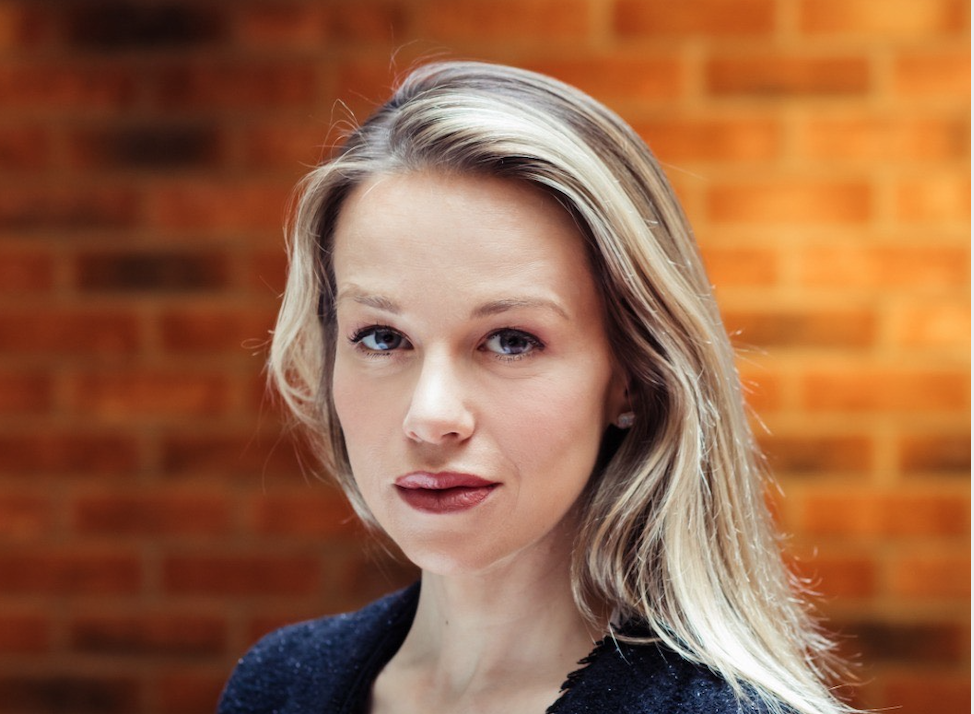Sweden and Israel have become hotbeds of innovation. Both countries make regular appearances in the top 10 of ‘most innovative countries’ indexes, and while Israel boasts the highest percentage of GDP invested in startups, Stockholm is home to the most billion-dollar unicorns outside of Silicon Valley.
It comes as no surprise then that both countries have produced an exciting batch of innovative sustainability startups.
This was the subject of the Tel Aviv Act for Impact event, an online conference produced by Business Sweden in June 2021, which featured investors, government representatives and innovative companies discussing the biggest opportunities for sustainable tech in Sweden and Israel.
Here’s what we learned.
Consumers — and investors — want to spend their money on positive social impact
Consumer awareness of social impact has never been higher, and VCs are following the money.
This was the topic of a session titled ‘Impact Investment Discussion’, which featured a panel of investors from both countries, including Ido Fishler, managing partner of Israeli fund The Good Company, Ruth Branvall, CEO of Impact Invest Scandinavia and Jeremy Liphitz, PwC’s head of innovation.
Branvall describes typical old school corporate ESG as a “hygiene factor”, and says impact investors and businesses are the ones who are actually making the big changes happen.
Impact businesses not only drive new attitudes to social or environmental challenges, but also deliver for both investors and customers, says Liphitz, citing US-based insurance platform Lemonade as an example. Lemonade wants to make insurance less of a pain through quick claims payments, a flat monthly fee and making a positive social impact by contributing to customers’ favourite charitable causes.
“Consumers, that’s what they expect. In millennial society, there’s a need to feel involved, not just on an environmental level… You need to give the customer a sense of purpose, a sense of need,” Lipshitz says.
Consumers, that’s what they expect. In millennial society, there’s a need to feel involved, not just on an environmental level… You need to give the customer a sense of purpose, a sense of need.
Agritech and foodtech opportunities are ripe for harvest
Both countries’ agriculture sectors are in need of disruption.
Israel’s agriculture sector makes up only 2.6% of its GDP, which is low considering agriculture makes up 6.4% of global GDP. And as Sweden imports over 70% of its fresh fruit and vegetables, it's in need of sustainable local production solutions to reduce the environmental impact of importing produce.
Carmit Oron, CEO and cofounder of ACT Hub, an incubator that helps Israeli food startups scale, believes Israel's commitment to sustainability and innovation makes for a perfect opportunity for food tech startups to grow.
She says Israel now has over 700 companies in food and agritectech in the country, with around 150 businesses starting in the past year, many of which are tapping into the golden alternative meat opportunity. Israel’s non-animal proteins market alone has increased from $14m to $140m since ACT Hub was founded four years ago, and is projected to keep increasing.
We are at a tipping point in the food system.
There are similar opportunities in Sweden. Swedish Oatly’s $13.1bn valuation following its recent IPO has catalysed investors to the potential of the sustainable food market, says David Karlsson, partner at Swedish food-tech investment capital firm, Nicoya.
He believes that with consumers increasingly worried about environmental impact, potential for growth is pretty much guaranteed.
“It’s difficult to find future proof business models, but this is as good as it gets. Not only are the consumers catching up, but we can see that the investment professionals are as well… We are at a tipping point in the food system,” says Karlsson.
What does global talent want?
Underpinning Sweden’s sustainable innovation strategy is a governmental commitment to attracting young talent to the country.
Lisa Truedsson, a communications officer at The Swedish Institute, says Sweden makes a big effort to attract graduate students and young professionals through targeted marketing on digital channels.
She also cites the country’s “creative and innovative environment” and “typically flat corporate cultures” as key to attracting a generation of workers that both want to make their voice heard in the workplace and make a difference in the wider world.
Truedsson says Sweden’s commitment to mitigating environmental impact is also a unique selling proposition for young talent; Sweden is ranked as the eighth most sustainable country in the world by Yale University.
“Sustainability is a core value in many Swedish companies and our culture in general. People that want to join this green transformation are attracted to Sweden, and want to stay here,” says Truedsson.
People that want to join this green transformation are attracted to Sweden, and want to stay here.
Collaboration allows sustainable startups to scale
The Swedish government has invested heavily in startup accelerators in its effort to cultivate a thriving collaborative community between startups and corporations.
MobilityXLab, an accelerator with connections to some of the country’s most recognisable transport and communications brands like Ericsson and Volvo, has helped over 40 startups in 12 countries receive funding.
What we do every day is try to balance the punch of the elephant with the speed of the cheetah... when they come together, they can create magic.
Ignite Sweden is another which allows Swedish startups to connect with multinational corporations and governmental bodies, linking over 230 businesses to companies including ABB and IKEA. They’ll soon start offering these opportunities to companies in the Israeli market.
MobilityXLab director Katarina Brud believes this has created a market in which both kinds of companies can help each other; startups can scale, while corporations can speed up their innovation strategies.
“We’re the interface between corporations and emerging companies. It’s two different worlds we’re trying to get together. I say what we do every day is try to balance the punch of the elephant with the speed of the cheetah. Two great superpowers, and when they come together, they can create magic,” says Brud.
Companies to watch
What are the most innovative businesses and organisations creating sustainable solutions in Sweden and Israel? Here are a few to keep your eye on.
Eco Wave Power — A Swedish company that was originally founded in Tel Aviv in 2011. Eco Wave Power has created a floating device, attached to jetties or peers, that uses breaking onshore waves to generate electricity, removing the environmental impact of mooring large-scale offshore power systems.
AstraZeneca — The pharmaceutical giant is accelerating innovation in 4D (drugs, devices, diagnostics, digital health) through Gothenburg-based ‘BioVentureHub’. It provides emerging companies and academic groups the opportunity to interact with AstraZeneca’s R&D teams to advance health solutions for patients around the globe.
RISE — The Research Institutes of Sweden is Sweden’s research institute and innovation partner. It seeks to enhance sustainable business through international cooperation in industry, the public sector, academia and research.
The Good Company — A VC studio fund based in Tel Aviv, The Good Company connects entrepreneurs to investors including Amazon Web Services, Google and Tesla. It aims to accelerate the growth of impact start-ups with aspirations of creating a “new sustainable world”.
Business Sweden help Swedish companies grow global sales and international companies invest and expand in Sweden. Find out more here.



